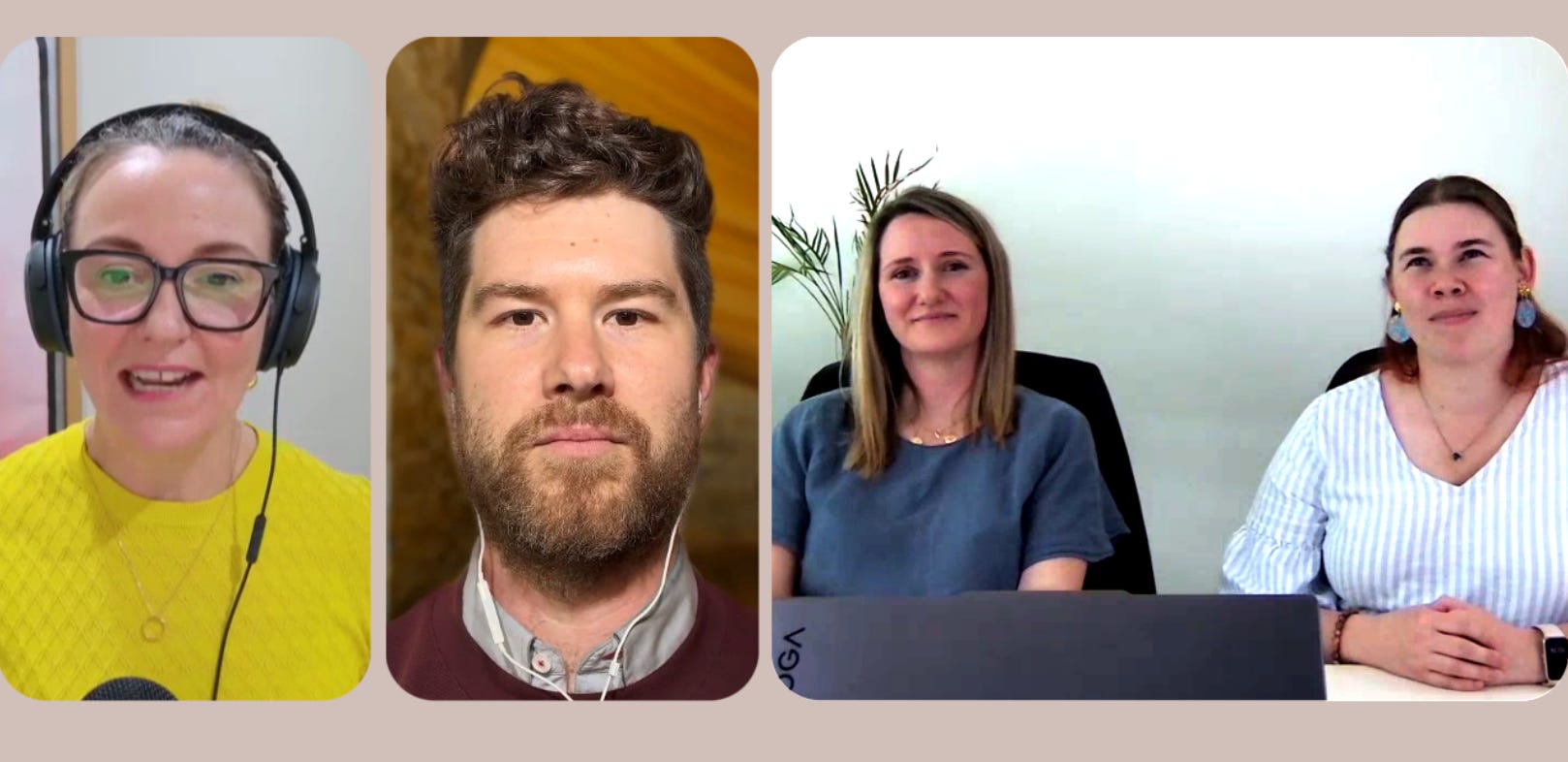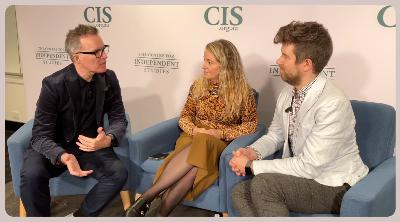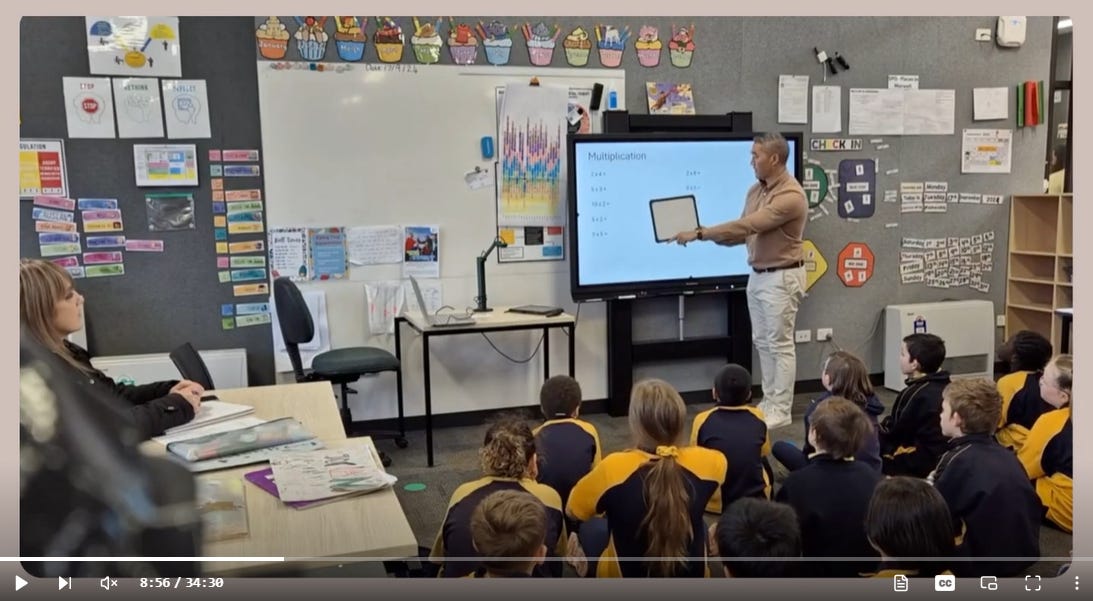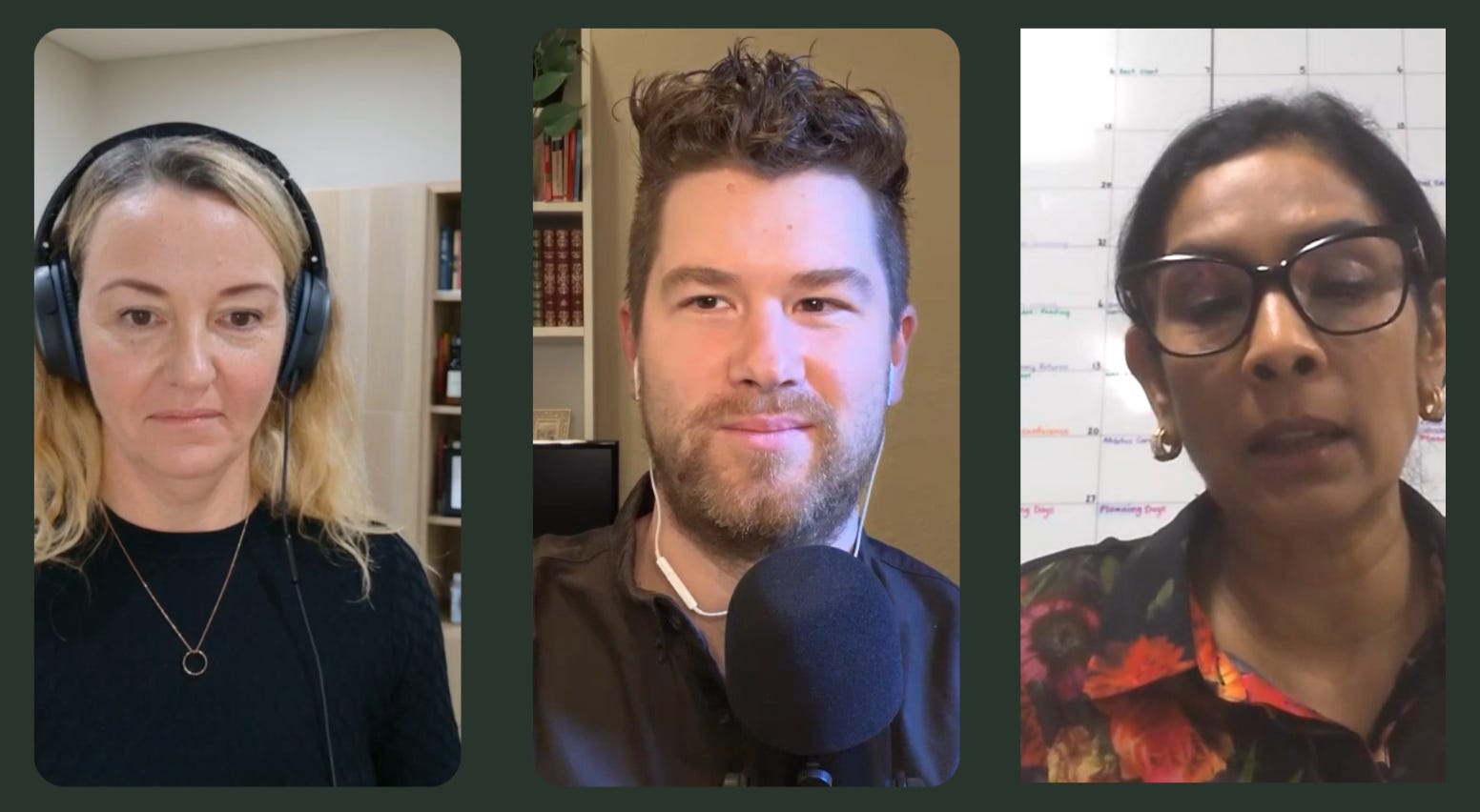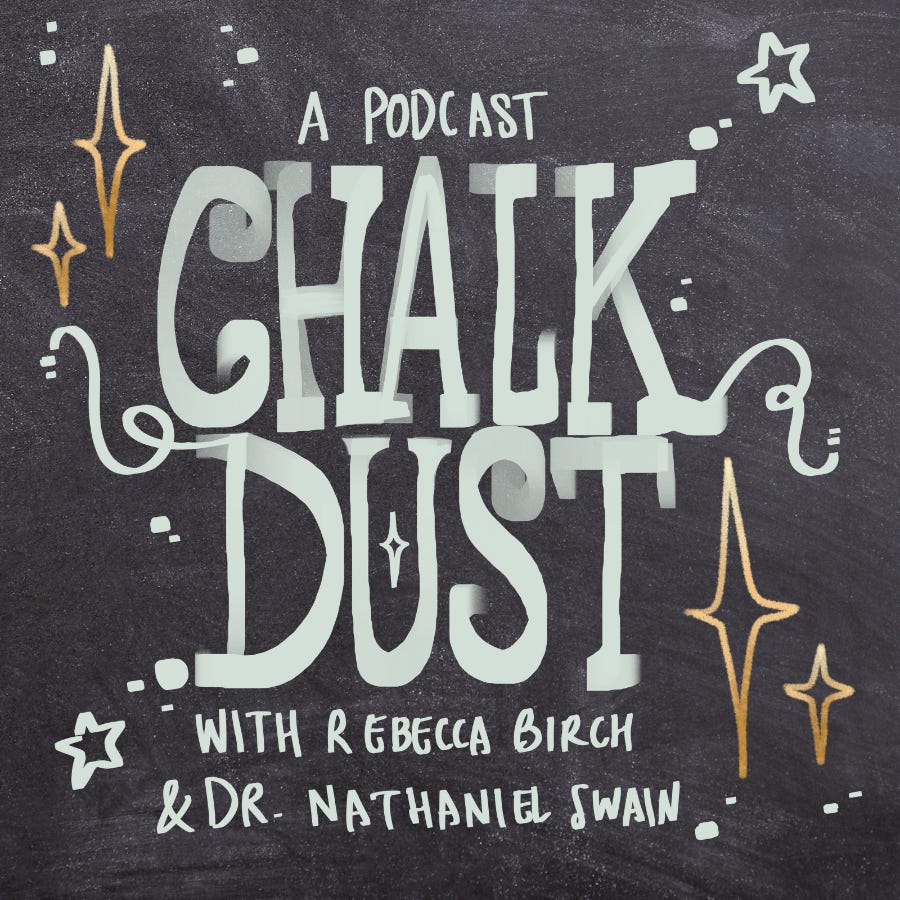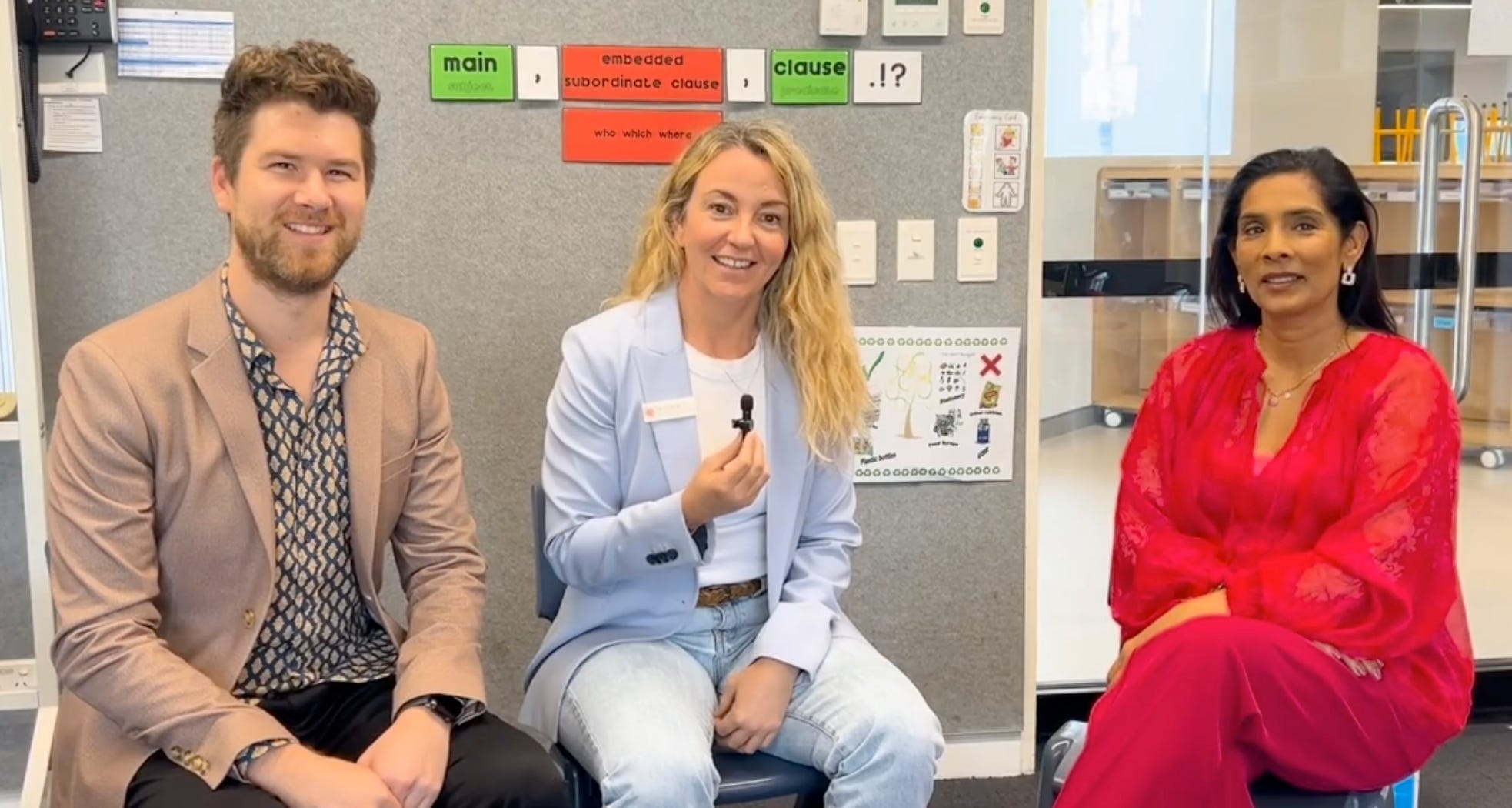Episode 10: More consistency means more freedom
Description
Summary
In this episode of Chalk Dust, Rebecca Birch and Nathaniel Swain are joined by educator, designer, and author Peps Mccrea, Director of Education at Steplab and writer of the High Impact Teaching series. Together, they watch and unpack classroom footage from two outstanding UK teachers—Primary English teacher Isla Lago and science teacher Pritesh Raichura.
The conversation explores why these lessons work so well: sharply defined routines, responsive checking for understanding, efficient use of visualisers, and the art of keeping teacher talk concise without losing warmth or personality. Peps explains how practices such as cold call, turn-and-talk, whiteboard checks, and scripting work together to build attention, motivation, and trust.
Across both classrooms, the trio highlight how routines reduce cognitive load for students, free up teacher bandwidth, and create an environment where high expectations feel safe rather than authoritarian. They discuss how warmth and structure complement each other, why error culture requires trust, and how teachers can identify a small set of core routines to declutter and refine.
This episode shows, with real footage, how clarity, consistency and care create classrooms where all students—especially the most vulnerable—can thrive.
Mentioned resources and explainers
Peps Mccrea’s High Impact Teaching series
Short, practical books on attention, motivation, memory, and habits in classrooms.
Steplab
A coaching and professional learning platform that provides video examples, structured steps, and instructional frameworks.
Culture of Error (TLAC)
A classroom norm where mistakes are welcomed as learning opportunities, supported by teacher warmth and trust.
Cold Call, Turn & Talk, Mini-Whiteboard CFU
Key techniques for increasing global attention and making student thinking visible.
Scripting & Economy of Language
We’re not talking about Direct Instruction. We’re talking about planning key questions, definitions, and phrases to reduce waffle and sharpen explanations.
Listen or view, and support our work
📨 Substack — sign up
🍏🎧 Apple Podcasts — like, review and follow
🎵💚 Spotify — follow and rate
📺🔔 YouTube — subscribe and like
✍️ Rebecca’s Substack — read more
✍️ Nathaniel’s Substack — read more
Takeaways
• Routines free up attention—for teachers and students.
• Thinking time matters; most teachers give far too little.
• Cold call works because it increases whole-class accountability.
• Concise teacher talk strengthens focus and reduces cognitive overload.
• Whiteboard CFU is fast, humane, and more reliable than exercise books.
• Warmth balances structure: students trust teachers who challenge and support.
• By having greater consistency in norms and routines, more cognitive load is freed up for teachers and students alike.
• A culture of error only works when students feel genuinely safe.
• Visualisers simplify teaching, keep eyes on students, and reduce friction.
• Identify a small set of routines, then practise them until they’re automatic.
• Shared schoolwide routines elevate autonomy by removing behavioural friction.
Keywords
Steplab, Peps Mccrea, explicit teaching, classroom routines, checking for understanding, mini whiteboards, cold call, turn and talk, culture of error, economy of language, scripting, instructional coaching, visualiser teaching, behaviour expectations, motivation, attention, habits, responsive teaching, teaching practice, high expectations.
This is a public episode. If you would like to discuss this with other subscribers or get access to bonus episodes, visit chalkdust.media


